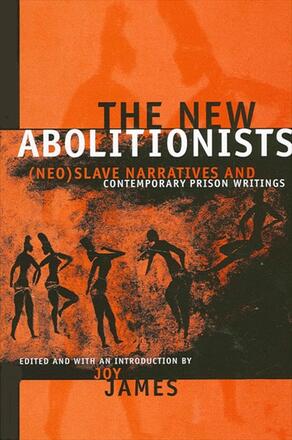
The New Abolitionists
(Neo)Slave Narratives and Contemporary Prison Writings
Alternative formats available from:
Writings by twentieth-century imprisoned authors examining confinement, enslavement, and political organizing in prison.
Description
This collection of essays and interviews provides a frank look at the nature and purposes of prisons in the United States from the perspective of the prisoners. Written by Native American, African American, Latino, Asian, and European American prisoners, the book examines captivity and democracy, the racial "other," gender and violence, and the stigma of a suspect humanity. Contributors include those incarcerated for social and political acts, such as conscientious objection, antiwar activism, black liberation, and gang activities. Among those interviewed are Philip Berrigan, Marilyn Buck, Angela Y. Davis, George Jackson, and Laura Whitehorn.
Joy James is the John B. and John T. McCoy Presidential Professor of Humanities and College Professor in Political Science at Williams College. She is the author of Resisting State Violence: Radicalism, Gender, and Race in U.S. Culture, and her edited works on incarceration and human rights include States of Confinement: Policing, Detention, and Prisons and Imprisoned Intellectuals: America's Political Prisoners Write on Life, Liberation, and Rebellion.